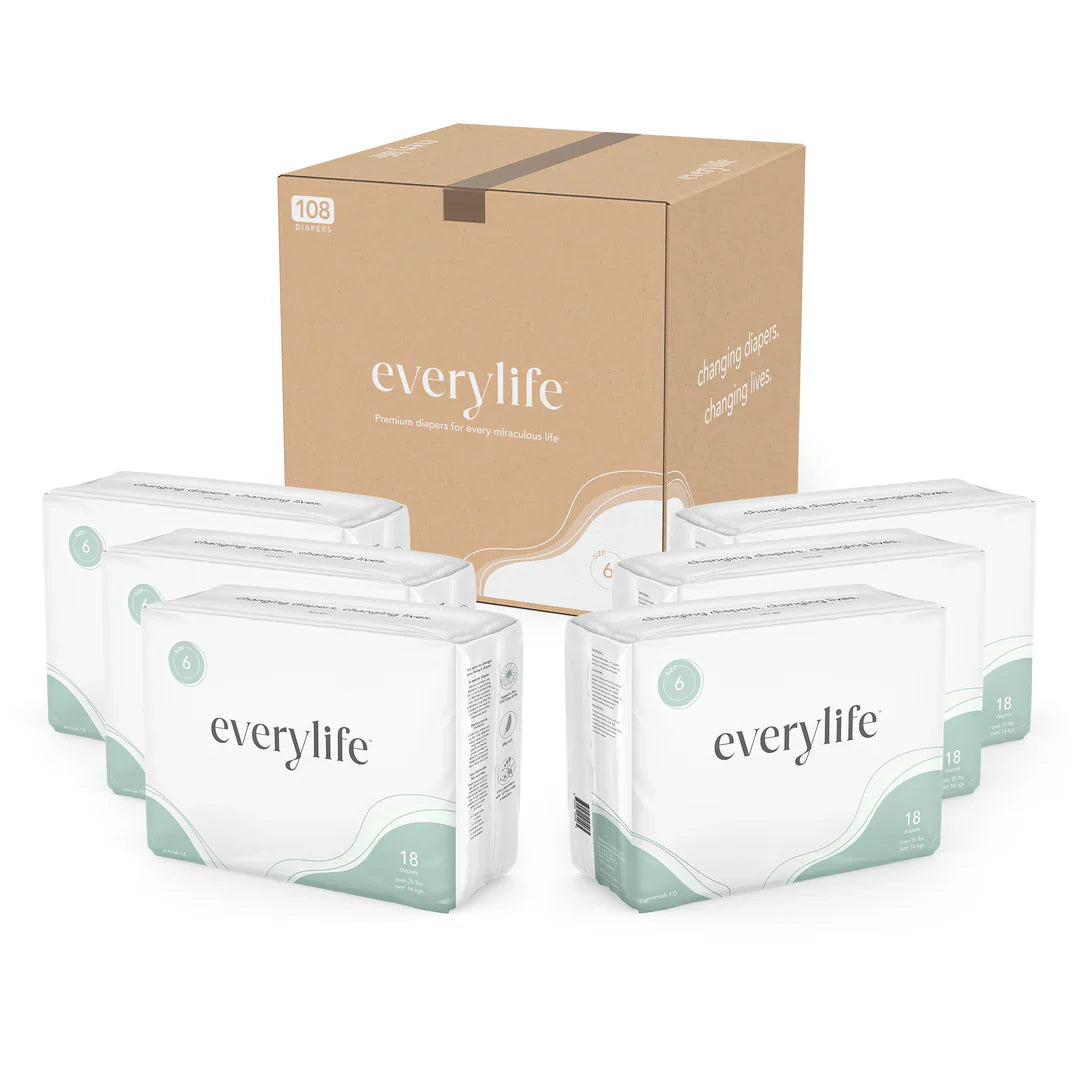
Arranging a Direct Blood Donation Before Childbirth: What You Need to Know
-
Consult Your Healthcare Provider Early
-
Start by discussing your concerns and plans with your OB-GYN or midwife, ideally in your second or early third trimester. They can assess your risk of hemorrhage (based on factors like placenta previa or prior bleeding history) and advise whether a directed donation is medically justified. Some hospitals require a physician’s order for directed donations, especially if it’s not a standard practice.
-
-
Choose a Willing Donor
-
Select a friend or family member (not your husband) who is healthy, willing, and meets basic blood donation criteria: typically 17 or older, at least 110 pounds, and free of conditions like anemia, recent infections, or certain medications. If your concern is vaccine-related, confirm their vaccination status aligns with your preferences. Blood type compatibility is critical—O-negative is the universal donor type, but other matches (e.g., A to A) work too. Your doctor can help determine your blood type if unknown.
-
-
Contact a Blood Collection Center or Hospital
-
Reach out to your hospital’s blood bank or a local blood center (like the American Red Cross or a community blood service) to inquire about their directed donation policies. Not all facilities offer this option due to logistical challenges or safety concerns. If they do, they’ll schedule the donation, typically requiring it to occur at least 72 hours before your anticipated need (e.g., a scheduled C-section) to allow processing time. For spontaneous labor, aim for the donation 1-2 weeks before your due date, as blood can usually be stored for up to 42 days.
-
-
Screening and Donation Process
-
Your chosen donor will undergo standard screening: a health questionnaire, physical check (e.g., hemoglobin levels), and blood tests for infectious diseases like HIV or hepatitis. If they pass, they’ll donate a unit of blood (about one pint), which is labeled specifically for you. Note that hospitals don’t typically disclose donors’ vaccination status, so you’ll need to trust your donor’s honesty.
-
-
Storage and Availability
-
Once collected, the blood is processed, tested, and stored at the hospital or blood bank. You’ll need to confirm with your delivery hospital that they’ll accept and use this directed donation if needed. In emergencies, however, if the designated blood isn’t immediately available, medical staff may need to use the general supply to save your life—something to discuss in advance.
-
-
Peace of Mind: Knowing your donor’s health history and vaccination status can ease concerns about blood safety.
-
Control: You choose a trusted person, aligning with personal values or preferences.
-
Availability: Secures a unit of blood specifically for you, assuming all goes smoothly.
-
Logistics: Not all hospitals support directed donations, and coordinating timing can be tricky, especially with unpredictable labor.
-
Safety Risks: Studies suggest directed donations may carry slightly higher risks of transfusion reactions (e.g., from less rigorous donor honesty under pressure) compared to the heavily screened general supply.
-
Exclusion of Husband: If your husband is a match, excluding him limits your donor pool, potentially complicating the search.
-
Medical Necessity: Hospitals may reserve directed donations for cases with rare blood types or specific needs, not personal preferences. Be prepared to justify your request.
-
Consent in Emergencies: If you hemorrhage unexpectedly, you may not have time to specify blood sources—discuss your wishes with your care team and document them in your birth plan.
-
Alternative Options: Some explore autologous donation (donating your own blood earlier in pregnancy), though this is rare due to anemia risks in pregnancy. Others opt for bloodless techniques (e.g., cell salvage) if compatible with their hospital’s capabilities.
Disclaimer: Jessie is not a medical expert; always consult with healthcare professionals for advice specific to your situation. Remember, the information here is for educational purposes and does not replace professional medical advice. Do not share your personally identifiable information.



Leave a comment
This site is protected by hCaptcha and the hCaptcha Privacy Policy and Terms of Service apply.